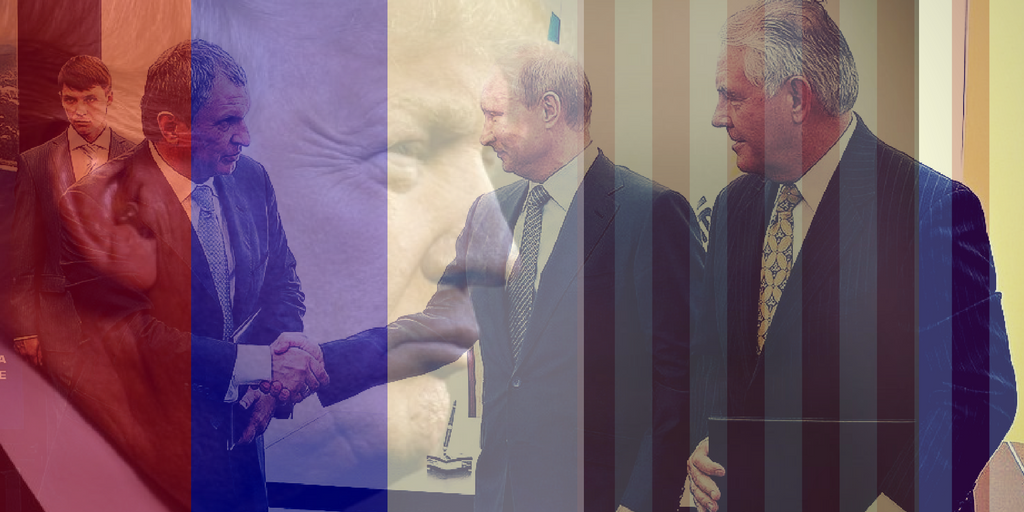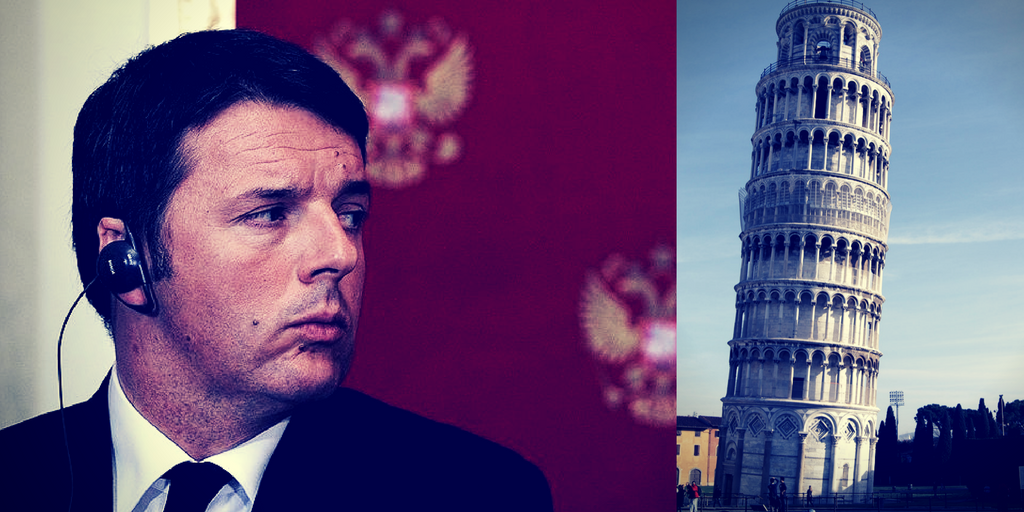Donald Trump is a completely different sort of president-elect and by looking at who he has picked for his cabinet so far, he is going to be very different sort of president. The latest rumors that seem to be much more than rumors is that Rex Tillerson, the 64 year old CEO of Exxon Mobile will be the next US Secretary of State with John Bolton as his deputy in charge of day to day affairs. In order to understand the Trump team’s vision for America’s foreign policy it is important to understand Tillerson’s background and connections.
Here is a brief overview of Rex Tillerson:
- He is a 64 year old native of Wichita falls, Texas
- CEO of Exxon Mobile
- Owns 2.5 million shares of Exxon Mobile
- Deep Connections to Putin’s Russia through his business dealings
- Connections to over 50 heads of state by way of Exxon
- Against sanctions on Russia
Although the following video is NBC/MSNBC/MSM it gives a pretty good overview:
With the Tillerson pick, Trump is reformulating foreign policy by acknowledging that Russia is a world power and is here to stay. This also admits that the US as uni-polar leader is a concept never became actual reality. Trump clearly sees spheres of influence and in many ways this was the way the world was prior to World Wars One and Two. By picking a business leaders that has extensive global business experience, Trump gains connections with the global community without the baggage of Foggy Bottom.
Trump likes winners, especially in business. If someone is successful it means they can be trusted to do a good job. We see this in his deference to military generals to fill key defense positons or which countries he admires as we see with his rock solid support of Israel versus the Arab states. He admires Putin, not because he is a Putin puppet, but because he sees Putin as a successful leader. Given Trump’s view of the world as broken down into good and evil with the muslim world falling into the latter, Putin makes sense as a erstwhile ally in the West’s fight aginst radical Islam. This is not dissimilar to Roosevelt’s working relationship with Stalin in fighting Nazi Germany and let’s remember Putin is no Stalin.
Tillerson brings instant clout to Trump’s administration and a direct connection to Putin, which Trump needs if he is going to reset global politics. Expect Europe to become very jittery over this as the EU continues to roil over the continent wide populist movement.
What About Israel?
Not much is known about Rex Tillerson’s views on Israel, but pacifying Putin in a way that he sees Iran as a problem for doing relations with the USA, will be a good thing for breaking the growing stranglehold of Syria, Iran, and Hezbollah around Israel. The fact that the rest of the Trump appointees, including Deputy Secretary of State John Bolton see the Iran deal as a major flaw, it is probable that Tillerson does as well. Clearly the Trump administration beleives that the best way to break Iran is to give Putin a deal he can’t refuse in order for the Kremlin to cut the Ayatollahs loose.
[huge_it_share]







